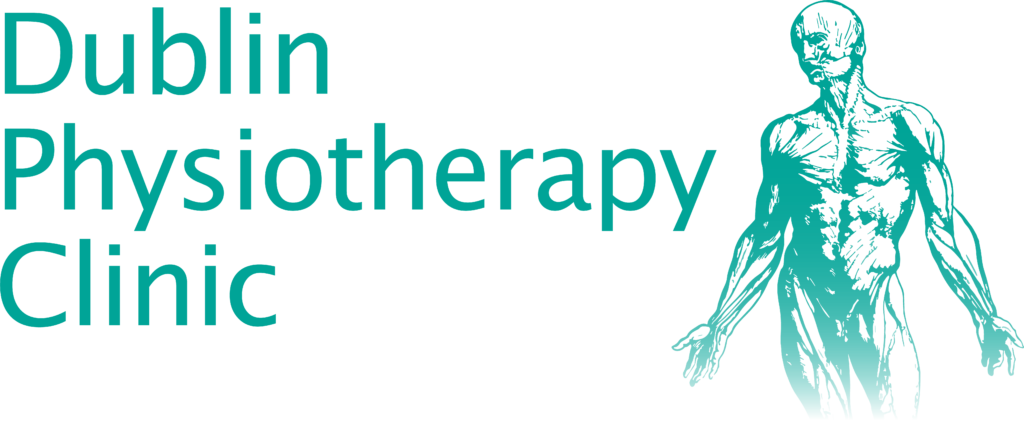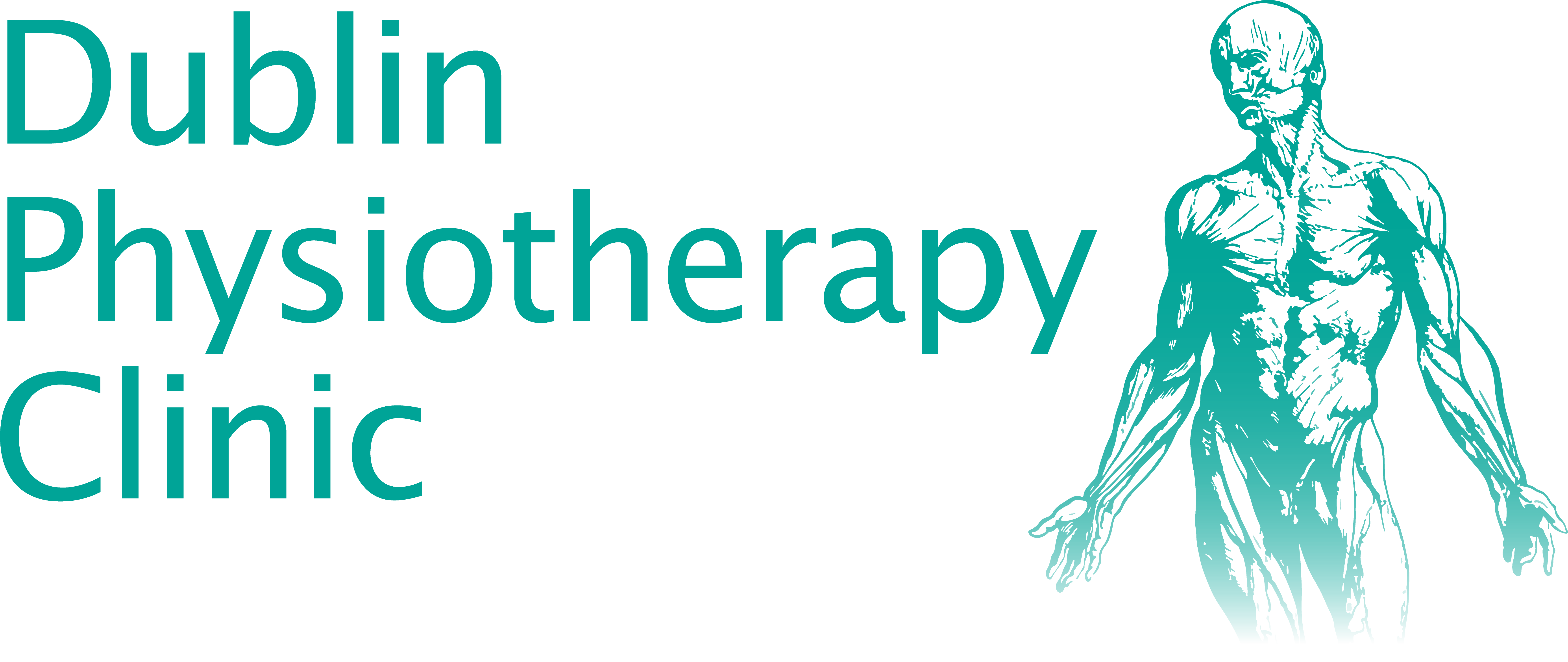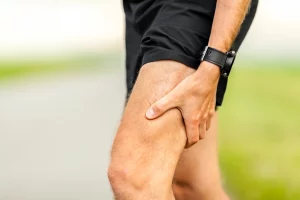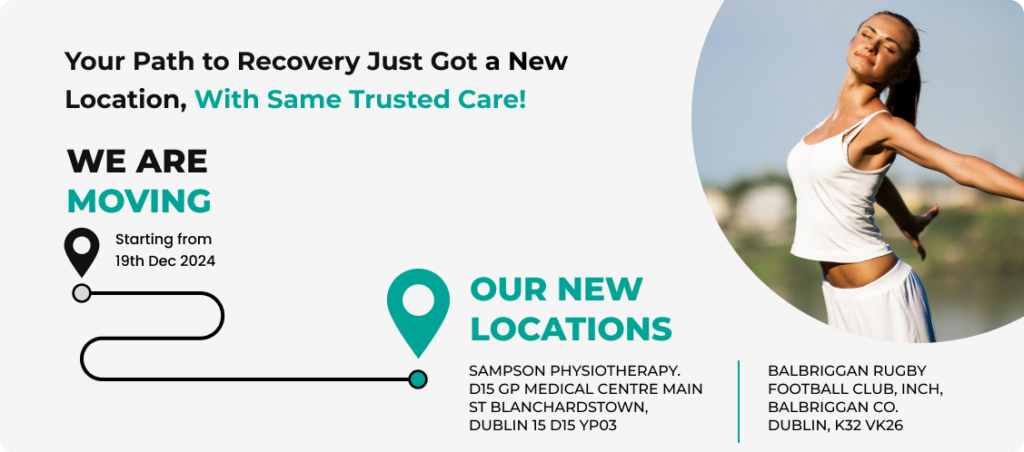In today’s video, David Fitzgerald tackles a controversial topic: clinical need or commercial exploitation?
As explained in the video, David started asking himself this question when thinking about the increasingly high number of health centres where patients are subjected to batteries of tests not always likely to improve their diagnosis, therefore unnecessary in order to find the right treatment for their patients.
Although the profits generated by these extra tests can lead to a suspicion of unethical behaviour from the clinician, it’s also important to consider legal issues. Some may in fact say that the reason behind all the extra (and very often not so needed tests) was to avoid being accused of negligence when formulating a diagnosis or finding a treatment for their patients. The spectrum of additional investigations indicates that it would be negligent not to ask the patient to undergo extra tests.
All of this, of course, puts clinicians under great pressure, especially with patients educating themselves online and requesting specific scans and tests which might not be necessarily needed. More often than not, clinicians should be aware of what to expect from a specific test or scan, which should be used more like a confirming tool, rather than to initially exclude some of the possibilities to eventually reach a final diagnosis.
In the presence of red flag signs, clinicians should be able to understand what the possible issues are, narrowing them down to just a few diagnosis, which should only be confirmed through a test. A very small percentage of the total population in fact has to undergo extra tests to amend an initially wrong diagnosis.
What can clinicians do?
The fundamental question that a clinician should always ask themselves is: what is this test going to do in order to achieve an improvement in the patient’s current situation?
Some times extra tests can delay quick intervention, slowing down the treatment process increasingly. So, if on one hand extra examinations are good from a legal point of view (the clinicians do everything they can to make sure the diagnosis is correct) on the other hand they might compromise the patient’s situation by delaying the treatment.
Other types of commercial exploitation
As to rehabilitation, this is a very good territory for commercial exploitation, with people selling all sorts of accessories and tools which should benefit the patients’ health.
As he recalls in his video, quite often David has met patients who felt almost pressured to undergo extra treatments and therapy sessions as, although they were feeling better, their clinician’s advice was to do some extra sessions. That’s an issue that physiotherapists very often ignore; once their patients have achieved a certain result it’s important to think “is this as good as it gets or can they do any better” and, if the answer to this question is no, then it would only be fair to let the patient know and give them the choice to stop their therapy cycles.
This of course comes down to the clinician’s ethics and, if their primary focus is to help their patients get better, then they should be honest about their improvements and the chances of getting better with extra sessions of physiotherapy. Worrying about the patient’s welfare rather than generating income should be at the basis of every good physiotherapy centre, as David says, however it’s also important that patients are clever about the matter, questioning their clinician’s decisions when these don’t feel right. From a patient’s point of view, it is important to be informed and ask whether the extra tests or sessions are needed and what the real benefits resulting from these will be.
These are just some of thee general notions mentioned in the video, however more in-depth analysis and precise information is explained in this week’s vlog, where chartered physiotherapist & practicing clinician David Fitzgerald gives his opinion and a few tips for patients who are afraid of being sent for extra tests that are not actually needed.
Make sure you check out the video for more information!





